Patient Resources
Patient Forms
Download and bring the completed forms with you to your first appointment.
Post-Op Instructions
Fillings
If anesthesia is used during a filling, your lips, tongue, and cheeks may be numb for several hours following the procedure. Avoid drinking anything hot or chewing until your tissues “wake up” to avoid tissue injury.
Some sensitivity to temperature and pressure is normal following a filling, and you may experience some soreness at the injection site. You may take ibuprofen (Motrin or Advil) or acetaminophen (Tylenol) to help alleviate any symptoms. However, if symptoms persist or if your bite feels off, please do not hesitate to contact our office.
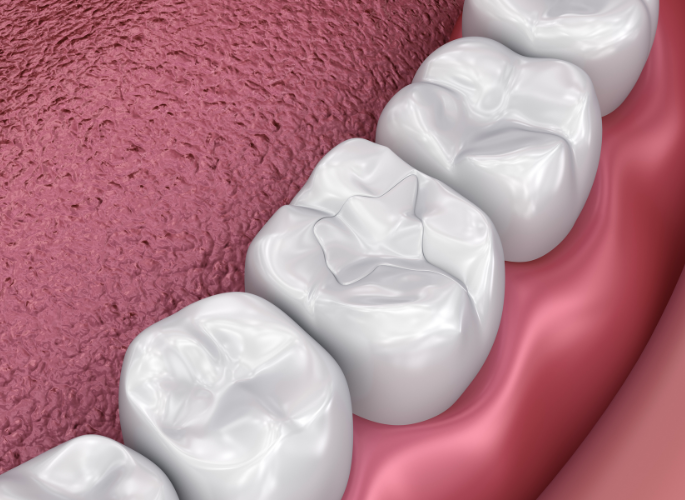
Crowns and Bridges
Crowns and bridges are completed in a series of appointments (generally two). At the first appointment, the tooth is prepared for the crown and an impression is taken of the prepared tooth. The impression process is a very important step in obtaining a good fit of the permanent crown, so the dentist may take more than one to make sure that it is accurate.
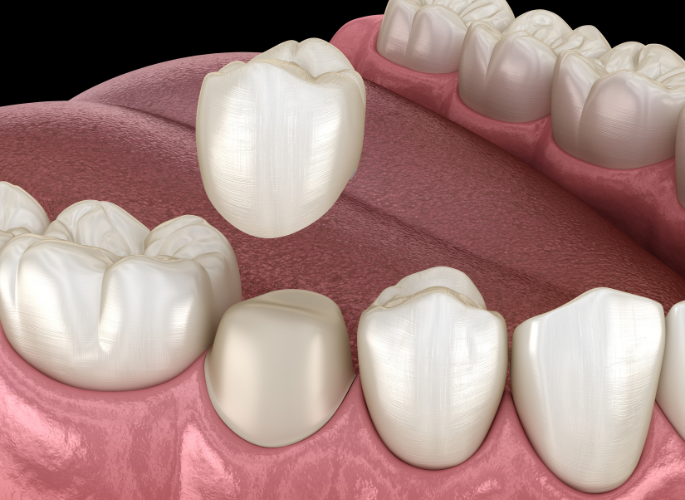
The impression is then submitted to a dental lab, where the crown is fabricated. The fabrication process usually takes about two weeks and, in the meantime, a temporary crown is worn.
Temporary crowns can come off or break relatively easily, so it is important to not eat anything very sticky or hard in the area. Also, be careful flossing around the crown. It is best to floss through the contact, but then pull it out the side instead of popping it back out. If your temporary crown does come off, you may put it back on with temporary cement (like Fixodent, available at drug stores) or call our office.
If anesthesia is used during crown or bridge preparation or placement, your lips, tongue, and cheeks may be numb for several hours following the procedure. Avoid drinking anything hot or chewing until your tissues “wake up” to avoid tissue injury.
Some sensitivity to temperature and pressure is normal following crown or bridge preparation and placement, and you may experience some soreness at the injection site. You may take ibuprofen (Motrin or Advil) or acetaminophen (Tylenol) to help alleviate any symptoms. However, if symptoms persist or if your bite feels off, please do not hesitate to contact our office.
Root Canal Treatment
Root canal treatment usually requires one or two appointments to complete. It is normal to experience soreness around your tooth and gums after treatment and some tenderness at the injection site. You may take ibuprofen (Motrin or Advil) or acetaminophen (Tylenol) to help alleviate any symptoms. You may also rinse with warm salt water to reduce pain and swelling. However, if symptoms persist or you notice any further swelling, please contact our office.
Occasionally, infection may persist and antibiotics are required to help clear it. If antibiotics are prescribed, it is important to continue taking them until they are all gone, even if all signs and symptoms of infection are gone.
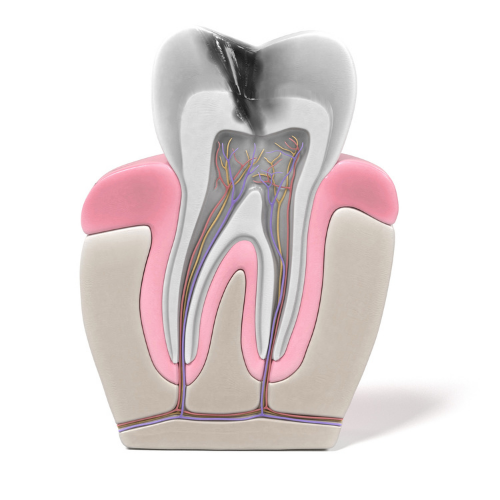
Extractions
It is normal to experience some soreness and slight bleeding following an extraction. The formation of a blood clot is imperative to the proper healing of the socket, so it is very important to follow all instructions given before and after the extraction procedure.
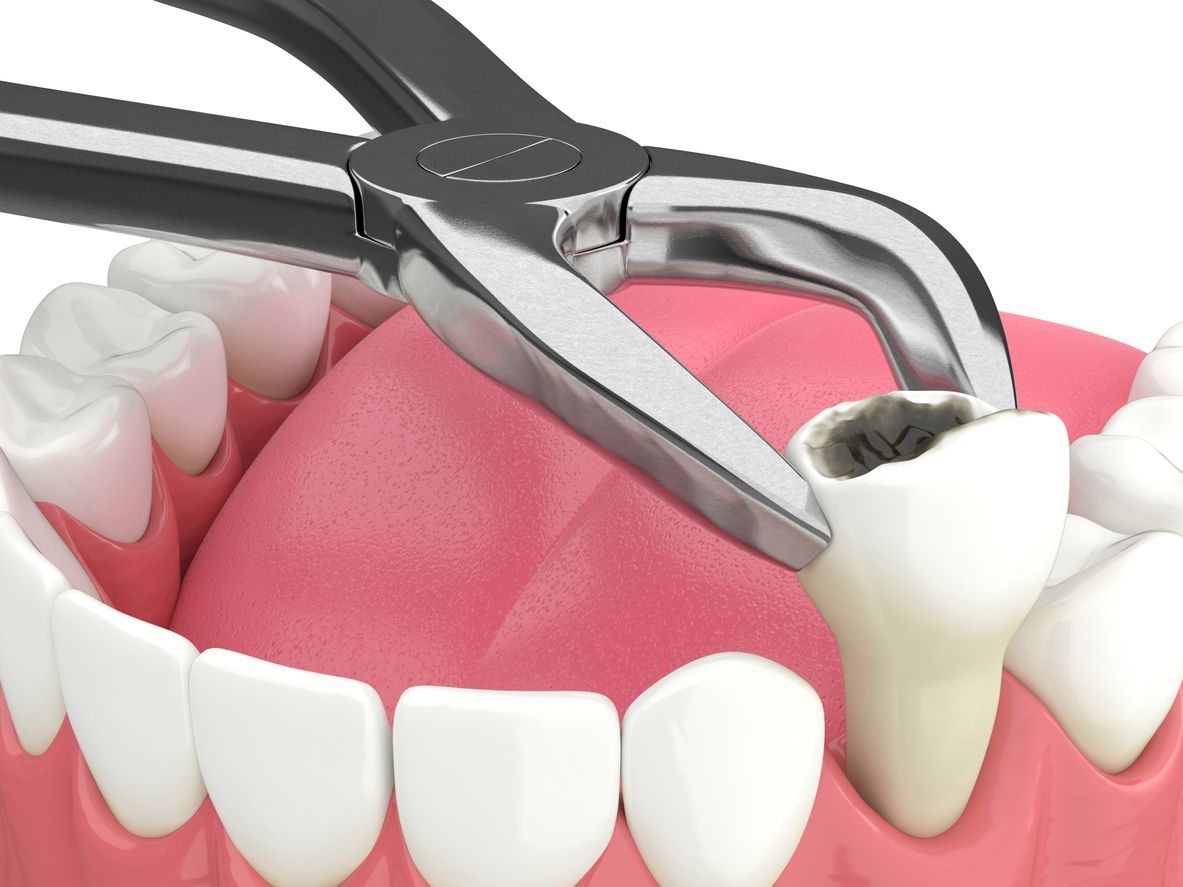
To help initially stop any bleeding, you will gently bite on gauze for about thirty minutes after the procedure. This gauze may need be changed out if it becomes saturated, and this may be required several times. If bleeding persists, wet a tea bag and gently bite on it. Ingredients in tea can promote the formation of a clot. If bleeding still persists, please call our office.
It is important to rest for the next day or so, as any exercise or vigorous activity can increase blood flow and cause the clot to dislodge. Also, avoid disturbing the clot by not smoking, drinking through straws, spitting or rinsing vigorously, or drinking alcohol for at least a few days.
If the blood clot does become dislodged, healing will be delayed and a dry socket may occur. You may then experience a throbbing pain at the extraction site, as the bone has become exposed. If you experience prolonged pain and pain medication does not seem to be help, please do not hesitate to call our office.
Some swelling and bruising following an extraction is normal. To help minimize swelling, you may apply an ice pack over the area. Avoid any hard foods for a few days following an extraction, especially things that can become lodged in the socket (like peanuts and popcorn). Avoid brushing in the area for 24 hours, but resume regular cleaning after that time, as it will promote healing.
Cleanings and Deep Cleanings
Gum tenderness, increased cold sensitivity, and even bleeding and chewing sensitivity can be normal after cleanings. As your teeth and gums become more healthy, these symptoms will subside. To help the healing process, it is important that you keep up with your home care, including brushing at least twice a day and flossing once a day. In addition to having regular professional dental cleanings your dentist may also prescribe an antibiotic or mouth rinse to promote gingival health. To alleviate any symptoms in the meantime, you may rinse with warm salt water, take ibuprofen (Advil or Motrin) or acetaminophen (Tylenol), and use an anti sensitivity toothpaste (Sensodyne).

Dentures and Partial Dentures

Dentures and partials require an adjustment period before you may be able to function normally and become fully accustomed to them. It is important to be patient with yourself and with your denture or partial during this time.
You may notice that you salivate more, have speech difficulties, or difficulty chewing before you get used to wearing them. It is a good idea to practice talking to yourself or reading aloud to help “relearn” how to talk. To help learn how to chew, try chewing slowly and eat softer foods at first. Cut food into small pieces, and chew with equal parts of food on each side of your mouth. You may also want to try using and over the counter denture adhesive. There are several on the market, so search until you find one that is right for you. With practice, you will be used to your denture or partial in no time.
It is important to clean your denture or partial every day. At night time, brush them with your toothbrush or denture brush and then soak it in water overnight. You may also soak it in a cleanser (available at the drug store).
If you get sore spots on your gums, call the office for an adjustment. Also, it is still important to see your dentist regularly for check ups. At that time, the dentist will check the fit of your denture and make certain that it is not causing any problems, as well as check for any other diseases that could be occurring in your mouth.
Teeth Whitening
Sensitivity and soreness following whitening is very common. Your teeth may be especially sensitive to cold air and drinks and if any of the whitening agent gets on your gums, it may cause them to be tender. Sensitivity and soreness will gradually subside after a couple of days. If you are more prone to sensitivity, you may chose to use anti-sensitivity toothpaste before, during, and after whitening.
Try to avoid any darkly or reddish colored foods and beverages (red sauces, coffee, red wine, tea) and smoking for a few hours following whitening. This is when your teeth are most susceptible to absorbing new stain. To maintain your shade for as long as possible, avoid colorants (dark food and drinks, tobacco), use a whitening toothpaste, and have regular cleanings. You may need to use home whitening trays once or twice a month to maintain your shade.
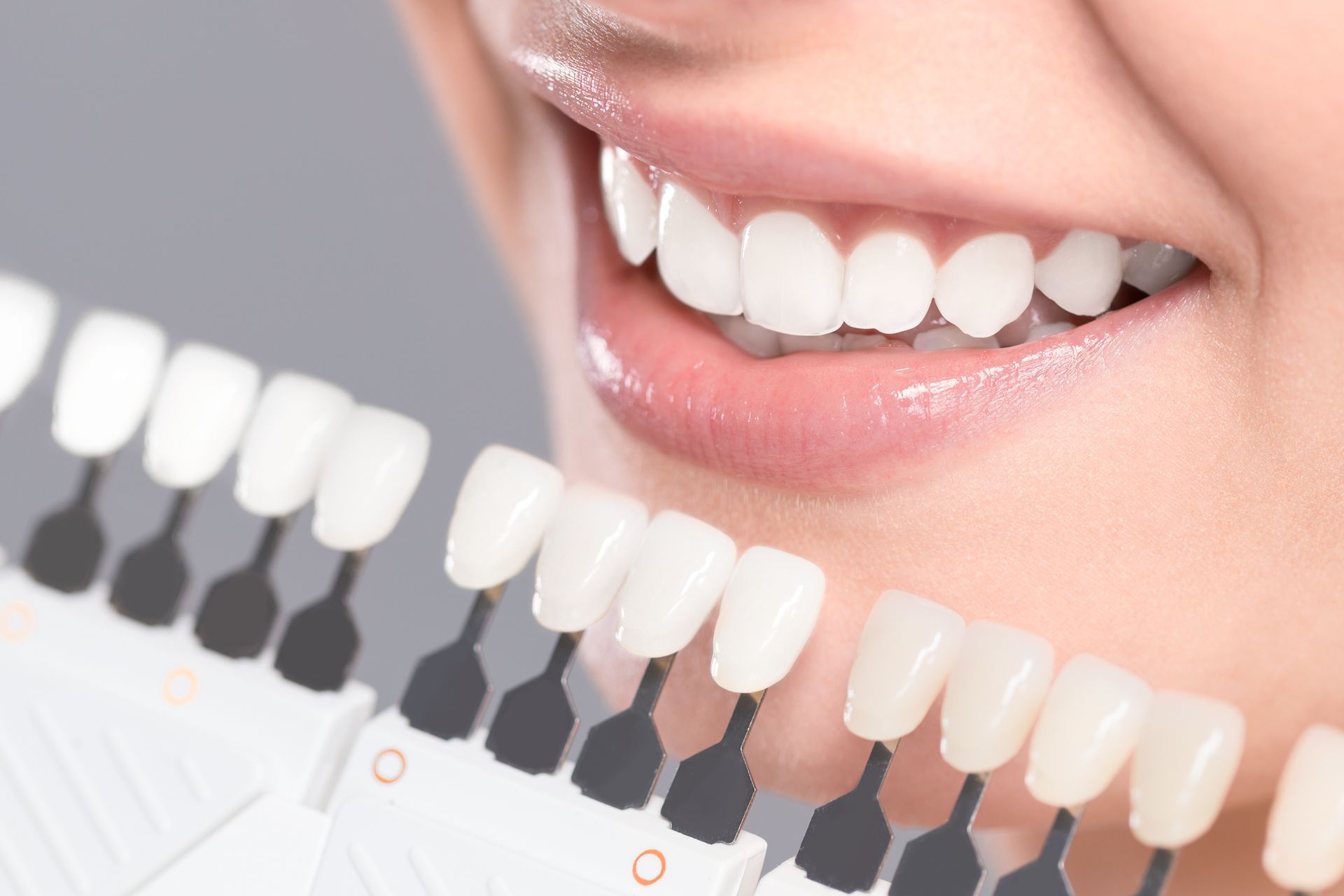

Night Guards
Night guards may require an adjustment period before you are able to sleep comfortably with them. You may salivate more until your mouth gets used to wearing it. If you notice any popping or soreness in your jaw joint that you did not have prior to wearing your night guard, please call our office for an adjustment.
Be sure to clean your night guard every morning after wearing it. Brush it with cold water and your toothbrush (using toothpaste may cause it to appear cloudy). You may want to soak it in denture cleaner once a week. Bring it to all of your dental appointments for checks and adjustments.
Patient Testimonials
 Rating
Rating


Contact Info
Opening Hours
Mon-Thurs: 8:00am-5:00pm
Fri-Sun:
Closed
© 2024 Friendswood Happy Smiles All Rights Reserved An Art of Dental Marketing Website | Privacy Policy
